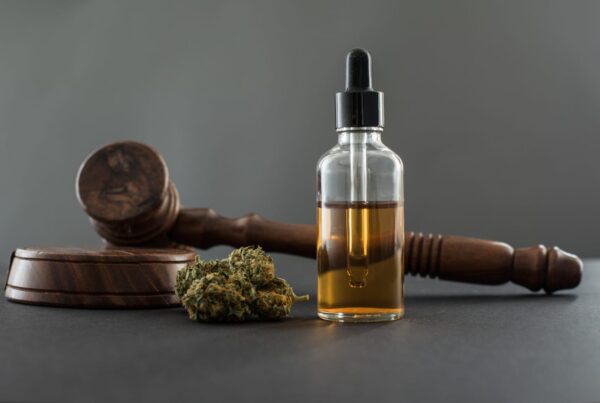ACT Resources News Update – October 2021
What’s not to love about October? Postseason baseball is warming up, the NFL is in full swing, and Halloween is coming up fast. While American youths get ready for a night of revelry and candy collecting, residents throughout the country will soon face the scary prospect of voting in some incredibly important gubernatorial and local elections. Ghosts and zombies may make for a very spooky season, but there’s possibly nothing more bone-chilling than seeing two pro-cannabis candidates lose at the polls.
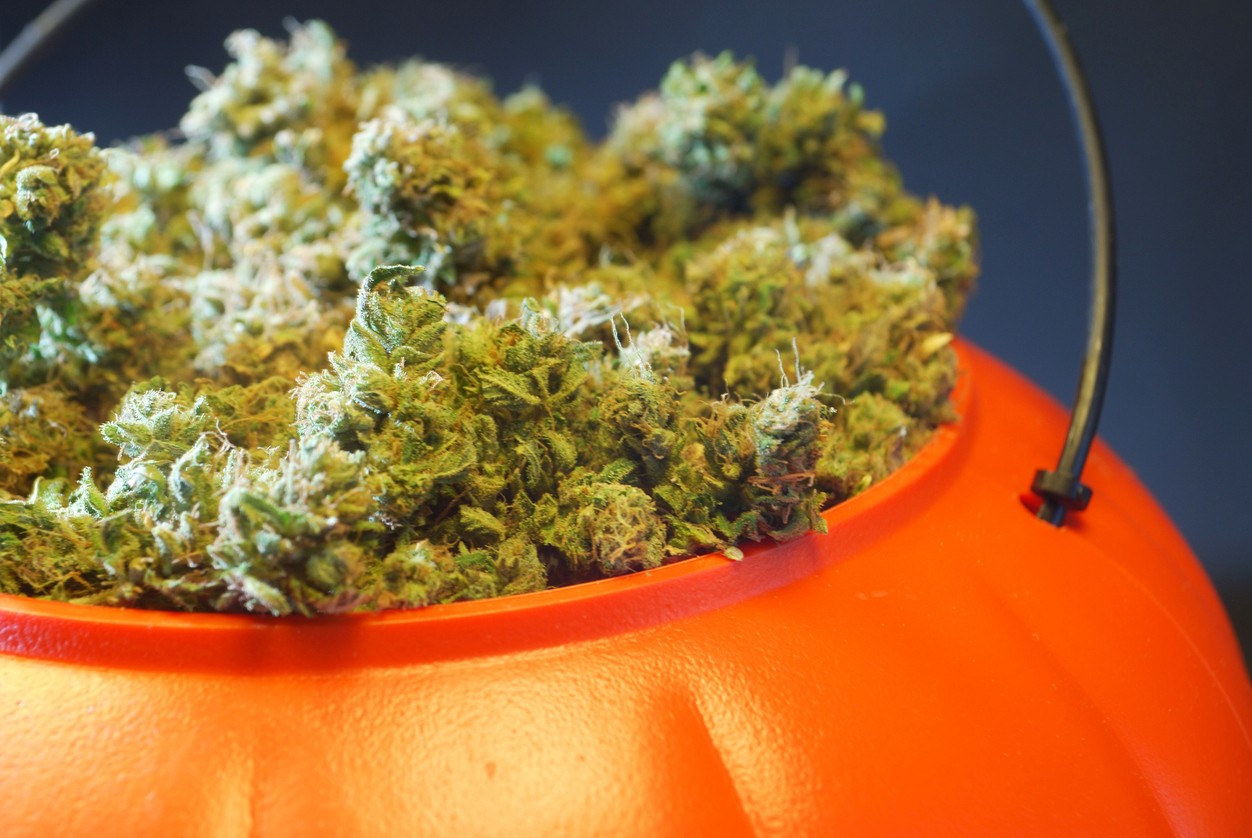

Deadline to File Extended Returns Coming Soon
If you’re planning to file an extended personal or corporate tax return, your time to get that in before the deadline is fast approaching. According to the IRS, the deadline to complete and submit an extended return is Friday, October 15. It’s imperative that you meet this deadline, as filing late can lead to the IRS sending letters requesting your return and levying penalties against you and your business.
Federal Legalization Bill Passes House Judiciary Committee
Ongoing efforts to legalize cannabis at the federal level continued last month, as the House Judiciary Committee approved a landmark bill that could pave the way for legal adult use and create a more socially equitable industry.
On Wednesday, September 30, the Judiciary Committee passed the Marijuana Opportunity, Reinvestment and Expungement (MORE) Act with a final vote of 26-15. The final tally fell along party lines, with 24 Democrats and two Republicans voting in favor of the bill. Committee Chairman and MORE Act sponsor Rep. Jerrold Nadler (D-NY) said the bill was a historic piece of legislation that would “reverse failed federal policies criminalizing marijuana.”
“The racially disparate enforcement of marijuana laws has only made it worse, with serious consequences, particularly for communities of color,” Nadler said in his opening statement. “This issue is not new to Congress…Whatever one’s views are on the use of marijuana for recreational or medicinal use, the policy of arrests, prosecution, and incarceration at the Federal level has proven unwise and unjust.”
This latest step towards legalization came roughly a week after the House voted to approve a defense spending bill that contained an amendment to protect banks that service state-legal cannabis businesses from federal penalties.
Following the House Judiciary Committee’s vote, Rep. Steve Cohen (D-TN) said the time for legalization “has come, and time came a long time ago,” while Rep. Sheila Jackson Lee (D-TX) praised it as a step in the right direction for poorer, urban communities.
“[This bill] consolidates the discussions that we’ve had about the overincarceration of individuals who were addicted or caught up in the cycle of drugs, many of them people of color in inner city neighborhoods,” she said.
As one of the 15 dissenting votes, Ranking Member Jim Jordan (R-OH) called the bill a “radical, out-of-touch Democrat priority” and pejoratively called it a “marijuana stimulus bill.”
The MORE Act has 76 cosponsors and has been referred to eight other Congressional panels. Meanwhile the Cannabis Administration and Opportunity Act being worked on in the Senate has yet to have its final draft formally filed. Though both Congressional chambers are working on similar cannabis legalization efforts, and the general public approves legalization efforts, President Joe Biden has long stood in direct opposition to legalization.
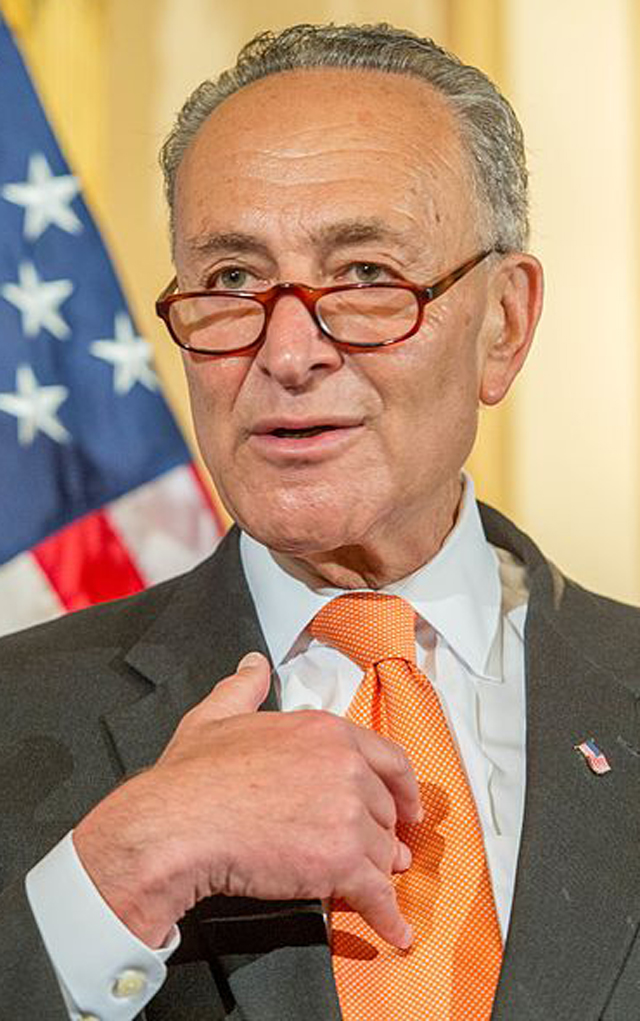
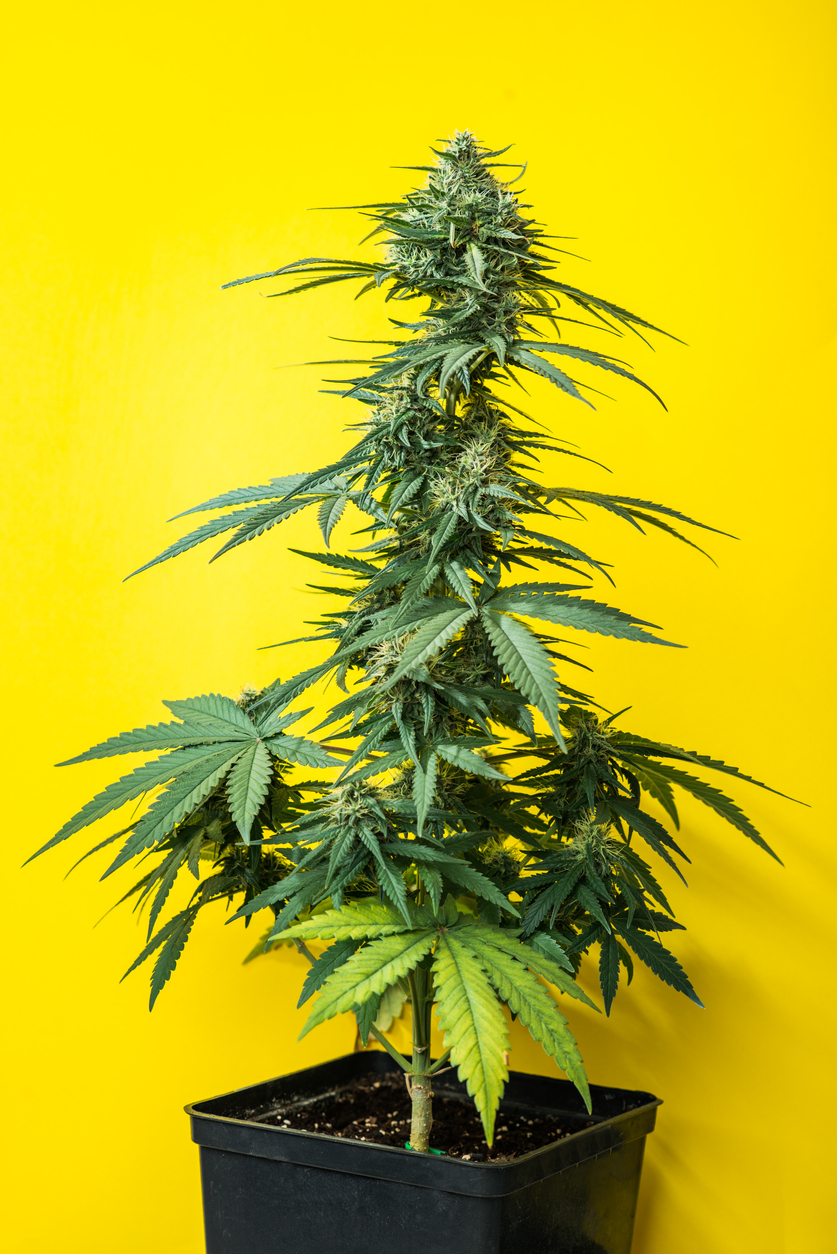
Medical Study Suggests Legalization Doesn’t Increase Youth Use
A study published in the Journal of the American Medical Association found that cannabis use among minors did not increase in states where legislators approved medicinal or adult-use. Researchers instead found the inverse, suggesting that properly regulating cannabis led to lower youth use numbers in some cases.
Titled “Association of Marijuana Legalization With Marijuana Use Among US High School Students, 1993-2019,” the study examined federal Youth Risk Behavior Survey data from those years. Researchers specifically focused on 10 states that had legalized medical or adult-use cannabis in the past. Partially funded through a federal National Institutes of Health grant, researchers involved in the study found several data points that fly in direct opposition to a number of anti-cannabis legalization talking points.
Data shows that adult-use cannabis legalization “was not associated with current marijuana use or frequent marijuana use” among adolescents. Researchers also reported that “medical marijuana law (MML) adoption was associated with a 6% decrease in the odds of current marijuana use and a 7% decrease in the odds of frequent marijuana use” among youths. Furthermore, researchers found that the longer that cannabis had been legalized in those states, the more likely that youth consumption rates decreased.
“Consistent with estimates from prior studies, there was little evidence that [recreational marijuana laws] RMLs or [medical marijuana laws] MMLs encourage youth marijuana use,” researchers wrote in their findings. “As more post-legalization data become available, researchers will be able to draw firmer conclusions about the relationship between RMLs and adolescent marijuana use.”
These findings further corroborate other studies, including one from the Centers for Disease Control and Prevention (CDC) that found cannabis consumption rates among high school students fell after their state legalized adult-use cannabis. That study also noted “no change” in high school current cannabis use figures from 2009 to 2019.
Local Governments Begin Mass Expungement of Cannabis Convictions
As more states approve cannabis legalization measures, activists have taken up the mantle of pushing for more equitable resolutions to help non-violent drug offenders return to a normal life. In recent weeks, nearly half a million Americans had their cannabis-related offenses expunged, removing prior arrests and punishments from their public record and releasing many from ongoing probation sentences.
On Thursday, September 16, the New Jersey Judiciary announced that the Garden State had expunged more than 362,000 cases and released approximately 1,200 people from their probation sentences since cannabis was decriminalized on July 1.
Though the number of expungements in New Jersey is very close to the court’s original estimate of approximately 360,000 eligible cases, the state announced that it would begin launching a public education campaign to help more people potentially have their cannabis-related charges expunged.
“Cases with offenses eligible for expungement include certain marijuana or hashish charges alone or in combination with the following: possession of drug paraphernalia; use or being under the influence of a controlled, dangerous substance; and failure to make lawful disposition of a controlled, dangerous substance,” the Judiciary wrote. Those with cases that aren’t automatically eligible can still file a motion to have a judge review your case.
Even more cases were expunged on the other side of the country, as Los Angeles County District Attorney George Gascón announced that they’d found almost 60,000 convictions that should be dismissed under California’s legalization law.
Gascón made the announcement late last month with support from a non-profit organization that works to connect underserved communities with grassroots organizations and government officials, called The Social Impact Center.
“Dismissing these convictions means the possibility of a better future to thousands of disenfranchised people who are receiving this long-needed relief,” Gascón said in a press release. “It clears the path for them to find jobs, housing and other services that previously were denied to them because of unjust cannabis laws.”
Following the passage of Assembly Bill 1793, Los Angeles County dismissed 66,000 cannabis convictions, though those cases were only found after reviewing the state’s Department of Justice data. Another 58,000 felony and misdemeanor charges dating back more than 30 years were eligible for dismissal were found by examining county court records. In total, Los Angeles County could dismiss nearly 125,000 cases.

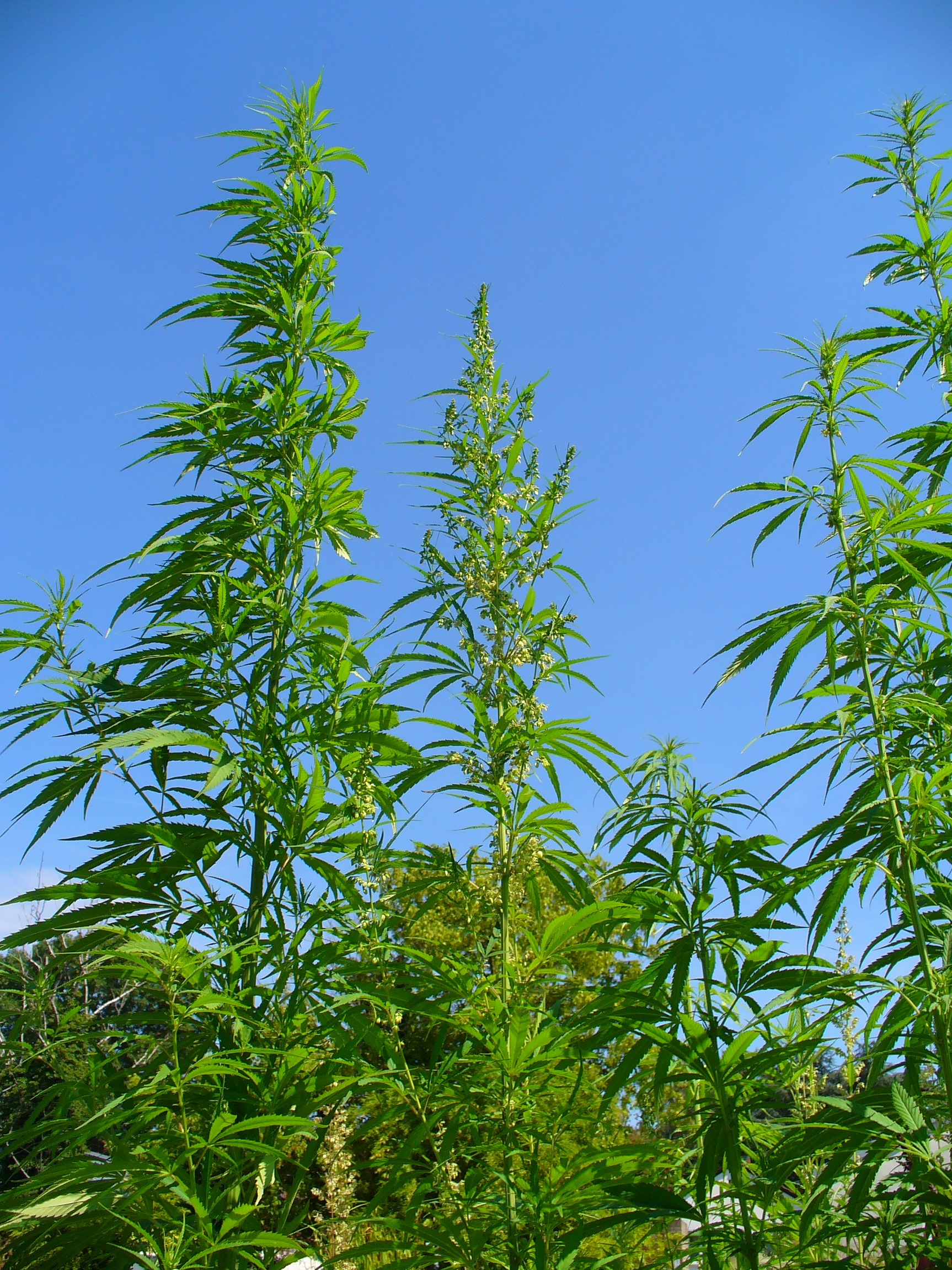
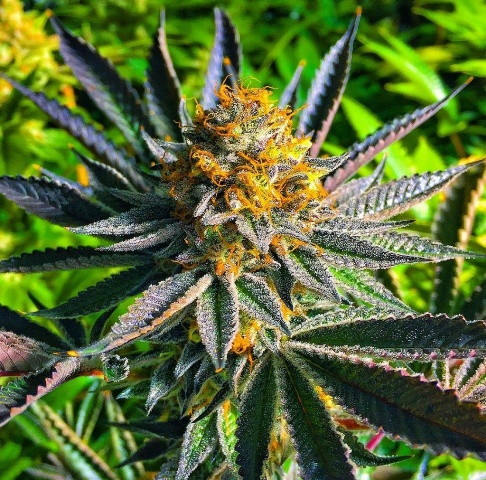
It’s time to ACT for more socially equitable cannabis law
Just because autumn’s chill is here, it doesn’t mean cannabis legalization efforts are cooling off. Americans are firmly in favor of cannabis legalization and regulation, with more states taking matters into their own hands in the coming months and years. As the country continues toward the end of federal prohibition and businesses begin jumping into the cannabis industry, it’s important that you have someone in your corner to help guide you through the ins and outs of cannabis finance. Make sure you’re ready by getting the expert team at ACT on your side to get answers to your questions and make the right decisions. Contact us today!




